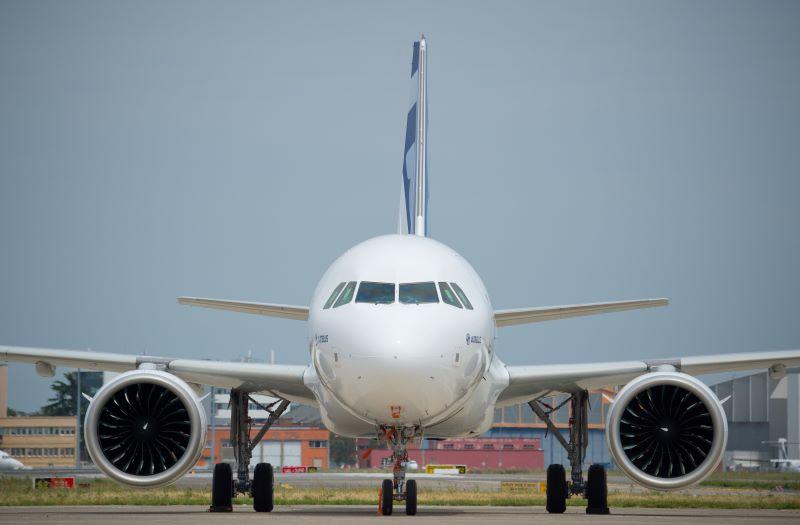Pratt & Whitney-Powered A320neo Groundings Jump As Inspections Begin

Credit: Airbus - Master Films - Hervé Goussé
Groundings of Pratt & Whitney-powered Airbus A320neos are climbing fast as operators remove engines for accelerated inspections recommended by the manufacturer and mandated by regulators. The percentage of the PW1100G-powered Airbus fleet on the ground stood at 19% at the end of September, or 267...
Subscription Required
This content requires a subscription to one of the Aviation Week Intelligence Network (AWIN) bundles.
Schedule a demo today to find out how you can access this content and similar content related to your area of the global aviation industry.
Already an AWIN subscriber? Login
Did you know? Aviation Week has won top honors multiple times in the Jesse H. Neal National Business Journalism Awards, the business-to-business media equivalent of the Pulitzer Prizes.




